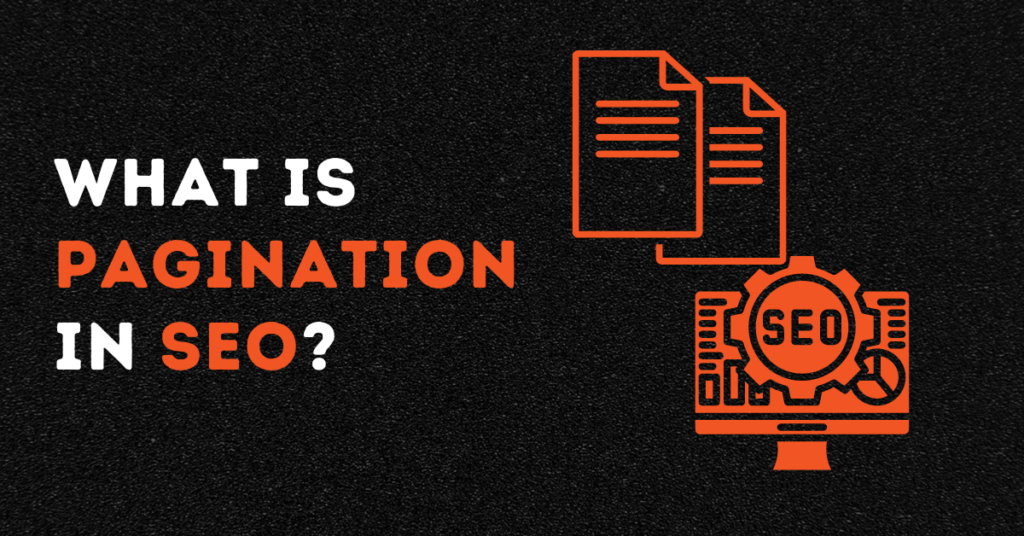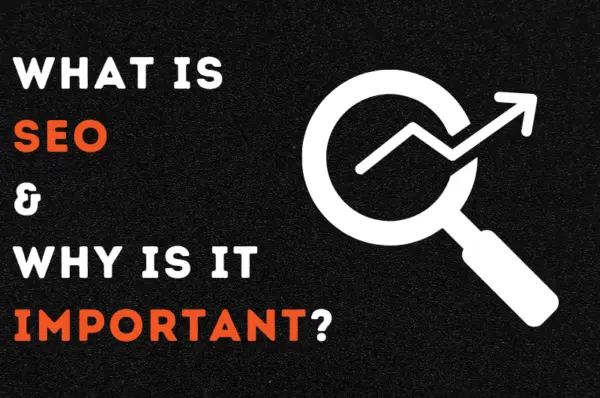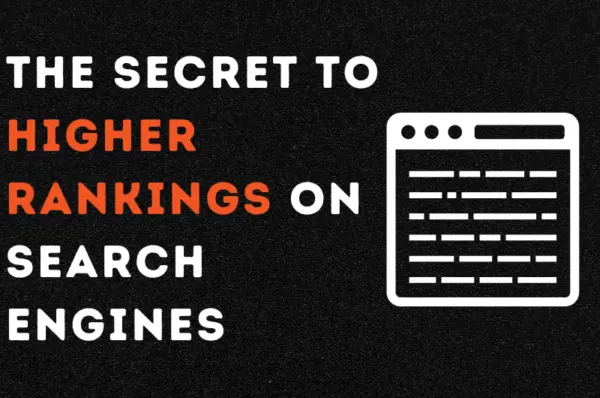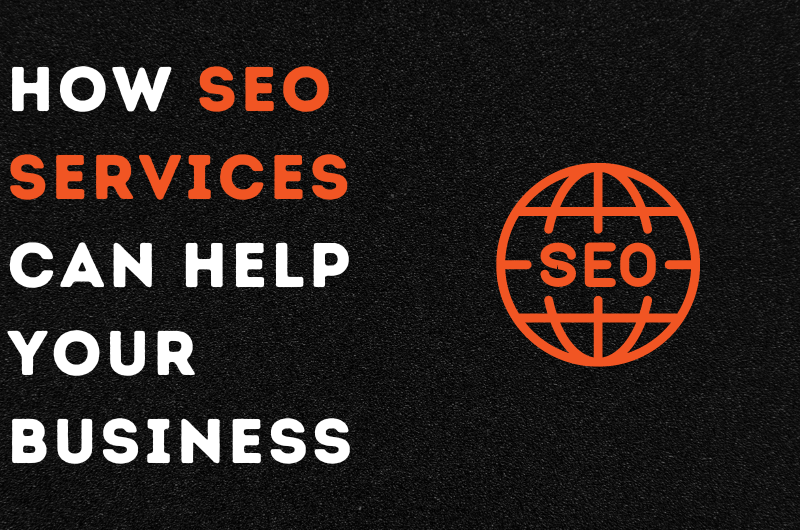Search Engine Optimisation is an art that makes website browsing easier daily with various strategies. Pagination is one of the popular processes used in SEO. If you do not know what is Pagination in SEO? Worry not, SEO Syrup is here to guide you.
SEO Pagination is one of the most common strategies of website optimisation. It is used by businesses to improve page loading speed despite the massive data on the site. Pagination optimised the website so users can find the desired content with ease.
What is Pagination in SEO?
The SEO experts determine the essential pages and optimise them accordingly. Pagination is a strategy to divide the content into separate page numbers and increase website engagement.
The process helps the user access the required information quicker to take the intended action easily.
In simpler words, SEO pagination is a process in which pages with similar content are organised in an arranged series of sequences.
It can use different elements to segregate the content, including links and numbered buttons. It also helps the users search through the website’s archive data. The most common example of pagination is “category pages on e-commerce websites.”
Is Pagination Important for SEO?
Yes, it is! SEO and pagination are crucial parts of any business. However, as with other digital services, a few myths are attached to pagination. Many followers of traditional optimisation strategies consider it time-consuming with fewer benefits.
But it is quite the opposite! Users like to stay more on websites where they can find relevant information quickly. The pagination strategy ultimately helps achieve one goal for every business, i.e., improving the conversion rate.
Best SEO Pagination Practices:
Here are a few pagination practices that make it one of the best SEO strategies for optimisation.
Systematic Indexing and Crawling:
One of the important factors that should be focused on pagination is to ensure that;
Search engines like Google or Bing can access the paginated pages to crawl them easily. Therefore, it is essential to link only crawlable links to the paginated page.
Easier crawling ensures that the AI of search engines like Google can crawl the pages and understand which pages should be displayed for the users against their typed keywords/ search terms.
While working on on-page SEO strategies, the experts use descriptive URLs, apply structured data, optimise title and header tags, and conduct keyword research. The procedure is followed to improvise the campaign.
Likewise, in pagination, the SEO experts focus on indexing and crawling the pages. Crawling is an activity of search engines that discover pages against specific keywords. So, they show more relevant results to the user and figure out which page is better to offer at the top after a particular search query.
Meanwhile, search engines perform indexing to organise and store the relevant content after the crawling process is completed. The critical SEO practices that are followed for indexing and crawling are;
- Optimisation of website and images
- Use of sitemaps
- Defining accurate URL paths for the relevant pages.
Usage of Robots.txt:
The second SEO pagination practice on our list is using a robots.txt file. As a successful SEO campaign strategy, enhancing the impression number and getting better CTR (click-through rate) is important. Therefore, it is important to stop some pages from being displayed to the visitors.
Therefore, it is important to reduce the pagination issue by using robots.txt. Robots.txt stops a few pages from crawling and indexing on search engines. By disallowing the pages, search engine bots will not display their content.
Link with next and previous pages: One crucial practice in SEO pagination is linking the paginated pages with previous and next pages. E-commerce businesses usually have massive visitor numbers and intend to separate the content into sections, subsections, etc.
The pagination can serve these sites best. However, linking the pages with the previous and following sections is essential. The links make it easier for visitors to reach the relevant pages quickly.
Identify the Accurate Pages:
Another crucial SEO pagination practice in our list is identifying the accurate page, i.e., identifying the current page for focus. It is important to inform the user about which page they are present on. It helps to increase the credibility and transparency of the website.
Likewise, they can see which section or subsection they are browsing on. Moreover, which tab must they click to reach a specific page? Different colours, font sizes and styles are usually used to point out the particular website’s sections and subsections.
Encourage Canonical Tags Usage:
Last but not least, our list of best SEO pagination practices focuses on using canonical tags. The canonical tags inform the search engine crawlers that the content on a specific page is not duplicated.
The canonical tags are commonly used in news and ecommerce websites. The tags indicate that the specific URL is a master copy of the page and has multiple internal links. So, Bing or Google redirects users to the relevant pages with ease.
Benefits of SEO Pagination:
There are numerous benefits of pagination. Therefore, it is used as one of the success strategies in SEO. Let’s have a look at a few of its benefits:
Boost Page Loading Speed:
The first benefit of pagination is increasing the page loading speed even when the website is vast and the data grows continuously. When the website contains massive data, it takes time to load, and users often click back despite waiting.
Pagination helps in quick page loading, so the chances of visitors moving ahead are higher, and the possibility of converting the click into revenue.
Increase Engagement Rate:
The SEO pagination helps in increasing the engagement rate of the user. The main focus of digital marketing is boosting the engagement rate, whether it is PPC ads, SEO marketing, content or email marketing.
Engaging visitors more on the website means the business has more chances to convert clicks into conversions and generate business.
Easier Navigation:
One of the significant benefits of pagination is SEO, which helps the user navigate the website more straightforwardly. The user does not stay on one site specifically when planning to shop online. Therefore, they have different user experiences on navigation. If your website provides them with more comfortable and easier navigation, there are chances of longer stays on the pages.
Pagination is a key element in easier navigation through the website, and it gives a chance to stand out in the list of competitors.
Conclusion:
We hope this blog has given you a comprehensive idea of what is Pagination in SEO? Pagination is one of the best SEO strategies in today’s digital era. Pagination helps in boosting website ranking and optimising the pages. It helps in getting more chances to convert clicks into revenue.
However, following the best pagination practices is necessary for best results. SEO Syrup is one of the leading SEO agencies in London, following the best SEO and pagination practices to grow their clients’ businesses.



